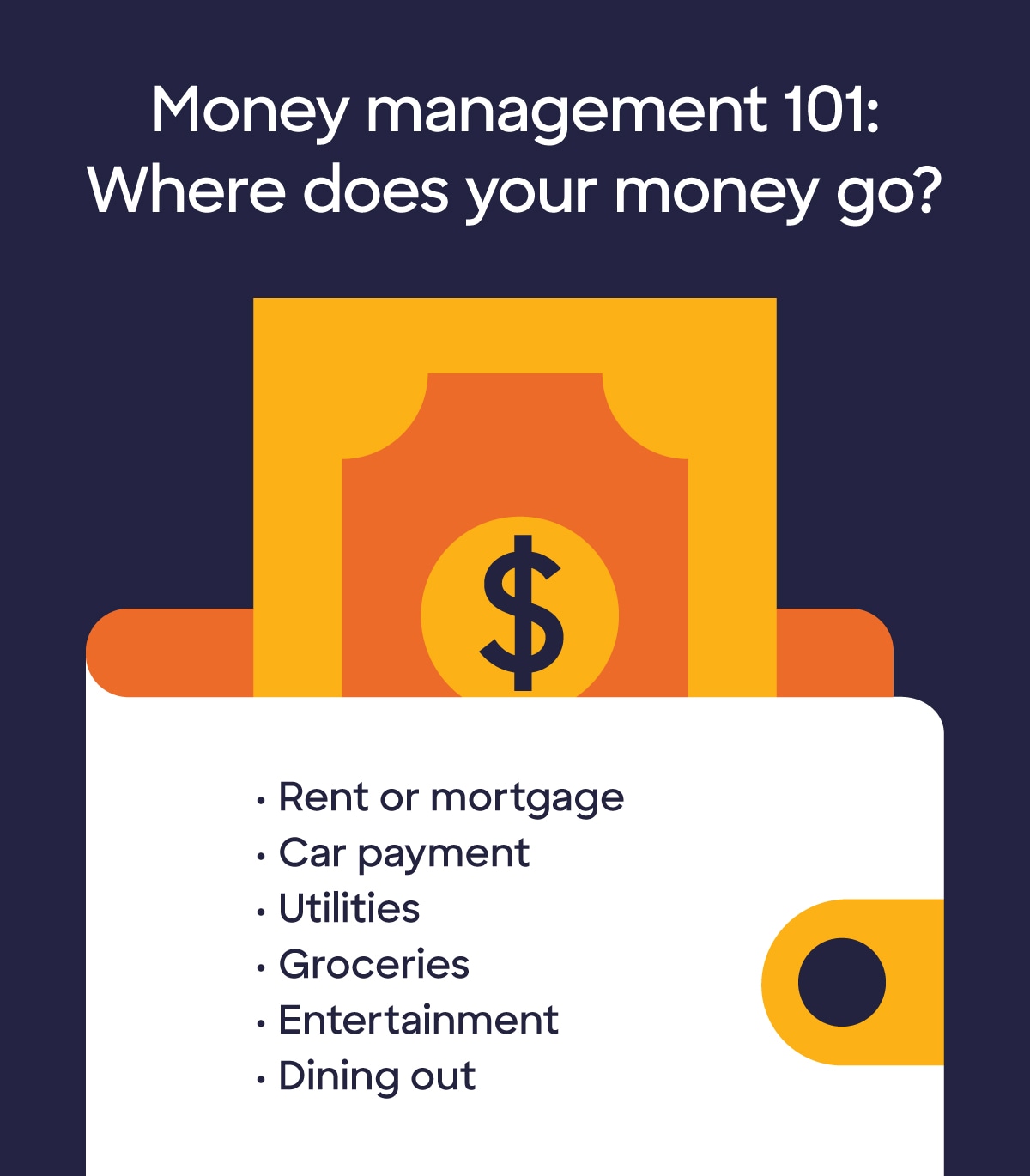4. Write down your financial goals
Grab a pen and some paper, or your laptop, and think about why you want to manage your money better. Take notes as you lay out your goals.
Maybe you have specific projects you are hoping to start. Or you could have debt you want to pay down. You might need to build an emergency fund.
If you are saving for retirement, note how much you put into your 401(k) or other retirement funds each month. Consult with a professional to determine whether it meets your long-term goal.
Be sure to include any other expenses that you might be able to anticipate, such as vacation or medical costs.
5. Build a budget that makes sense for you
With the information you have collected about your income and expenses, you can begin to create your budget. Whatever you do, try to set a realistic plan that you can maintain. Your success in sticking to a budget might provide additional motivation to improve your finances, as well as help you achieve your long-term goals.
As part of your budget planning, don’t forget the possibility of unexpected expenses such as home repairs or car troubles. For these sudden expenses, you will want to think about building up your emergency savings.
“Building an emergency fund is a great start toward good money management,” said Todd Keffury, CRPC, EA, owner of a financial planning firm based in Las Vegas, Nevada. “While no one knows how much an unexpected event will cost, you can plan your saving process with concrete targets in mind.”
6. Hunt for additional savings
No matter how well you manage your money, you may benefit from reducing your spending. You might plan to treat yourself without reaching for your wallet. Game nights, picnics, and free museum days can all be fun, affordable ways to spend time with friends and family. Avoiding impulse purchases and managing your existing subscriptions might also help.
You might also consider a personal loan for debt consolidation. When you consolidate higher-interest debt into a personal loan, you could simplify your budget by having just one set regular monthly payment. You might also be able to save money on interest and pay off your debt faster. To see how much you may be able to save with a Discover® personal loan, try our online debt consolidation calculator.
7. Track your progress and enjoy your success
To help you stick to your savings goals, you could automate the amount you save each month. With automatic savings deposits, you may be less tempted to change your mind or spend that money elsewhere. Even a seemingly small amount, like $10–$50 per month, might be a place to start.
To help keep track of your finances, think about creating a calendar entry for when your regular expenses are due and check them off as they are paid. Then, check your accounts each month and note the change in your balances. This may help you monitor your progress. If you prefer, you could try an app or spreadsheet for budgeting or expense tracking to keep an eye on the money coming in and going out. Whatever method you use, focusing on your progress may help to ensure that your budget has you moving in the right direction.
No one said building a budget and staying within it would be a breeze. As you proceed, look for ways that may make it easier for you. Be sure to celebrate your successes as you progress.
8. Adjust your plan if needed
Life happens. Understand that no budget is set in stone. Maybe you enjoyed a pay raise. If so, congratulations. You might consider using some of that extra money to increase your savings. Have you run into a financial bump in the road? Take a deep breath and look for ways to adjust your budget to balance your income and expenses for the time you need to regain your footing.
9. Stick with it
You will have months when you do not meet your goals, but don’t give up. “Your savings will be there for any of life’s unexpected twists.” said Keffury. “And there is little else that can bring more peace of mind.” Whatever happens, be patient and see your plan through.
Learning how to manage money wisely takes practice. Just keep your goals in mind. If you do, you could be on your way to living your best life—and doing it within your budget.
If you are wondering how you can get started and tackle some of your immediate expenses, check out some additional tips that may help you pay off your debt more quickly.

